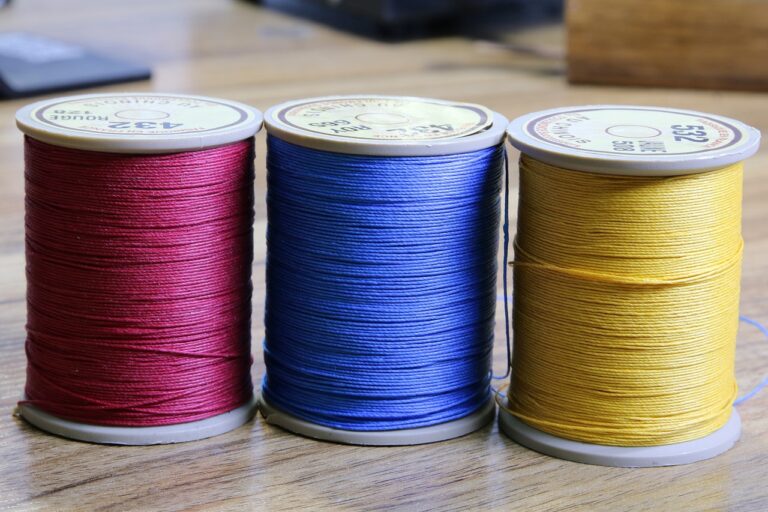Fashion and Sustainability: Ethical Sourcing Practices
Consumers today are increasingly demanding transparency and ethical practices from the fashion industry. The concept of ethical sourcing encompasses the entire supply chain, from raw materials to final products. Brands are under pressure to ensure that their suppliers adhere to fair labor practices, avoid exploitative working conditions, and prioritize sustainability in production processes. Failure to do so can result in reputational damage and loss of customer trust.
One of the key aspects of ethical sourcing is the need for brands to conduct regular audits and inspections of their suppliers to ensure compliance with ethical standards. This involves not only monitoring working conditions but also assessing environmental impact and ensuring fair wages for workers. By holding suppliers accountable and promoting ethical sourcing practices, fashion brands can contribute to a more sustainable and socially responsible industry.
The Importance of Transparency in Supply Chains
Transparency in supply chains is crucial for ensuring ethical practices within the fashion industry. By openly sharing information about sourcing, production, and distribution, companies can build trust with consumers and stakeholders. This transparency also allows for better accountability and monitoring of labor conditions, environmental impact, and overall sustainability.
When supply chains are transparent, it enables consumers to make more informed decisions about the products they purchase. With access to information about where and how their clothes are made, individuals can choose to support brands that align with their values and beliefs. Ultimately, transparency in supply chains not only benefits the well-being of workers and the environment but also fosters a sense of responsibility and awareness among consumers.
Fair Wages and Labor Practices
In the fashion industry, fair wages and ethical labor practices are essential components for creating a sustainable and responsible supply chain. Workers in garment factories around the world often face long hours, low wages, and unsafe working conditions. This exploitation of labor not only undermines human rights but also perpetuates cycles of poverty and inequality. By ensuring fair wages and upholding ethical labor practices, fashion brands can make a positive impact on the lives of workers and contribute to a more just and equitable industry.
Transparency in supply chains is crucial for consumers to make informed choices about the products they purchase. By providing visibility into their sourcing practices and production processes, fashion brands can build trust with consumers and demonstrate their commitment to fair wages and labor practices. When companies are open about how their garments are made and the conditions in which workers operate, they hold themselves accountable and empower consumers to support ethical and responsible businesses.





